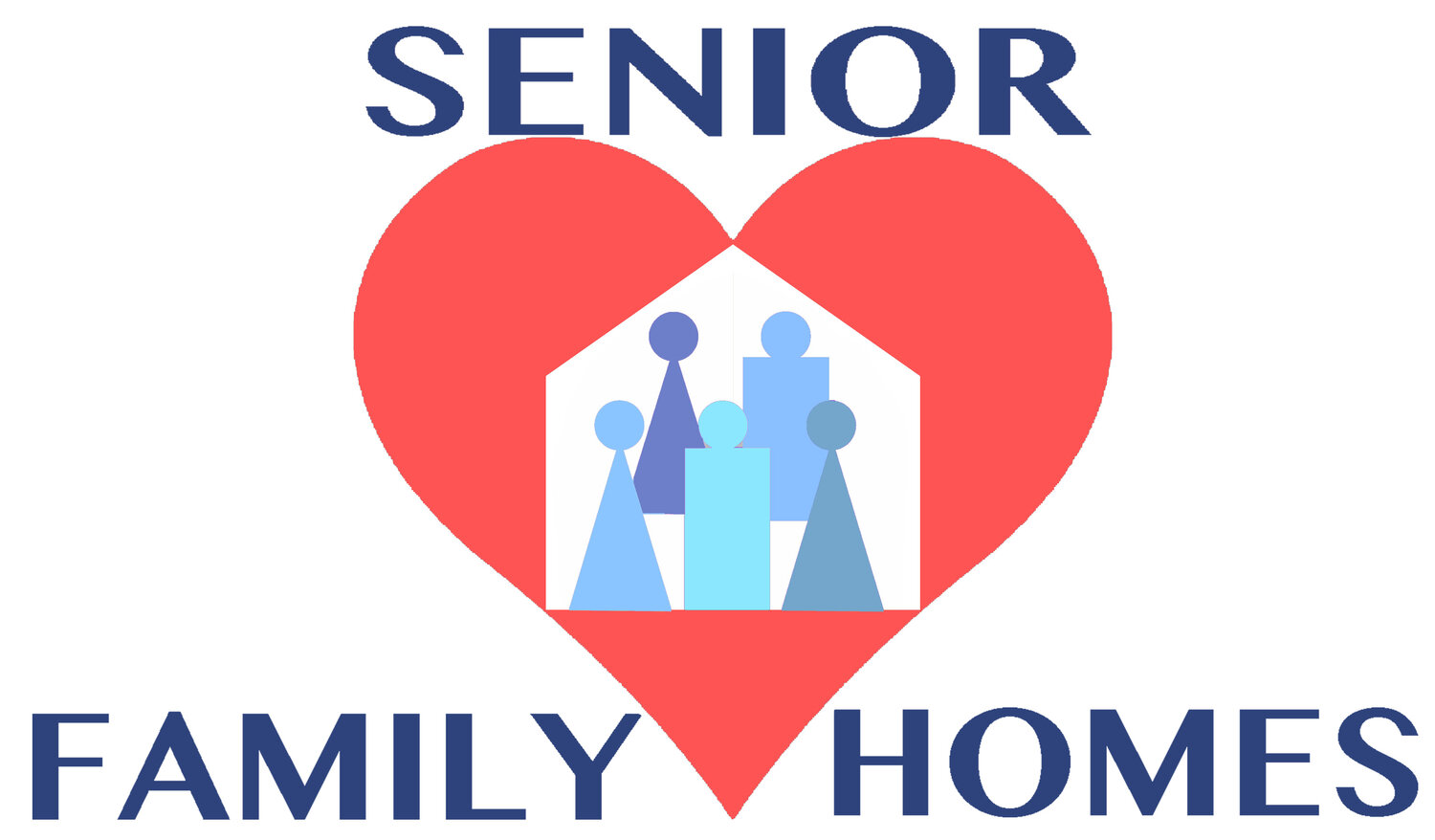Embracing Resilience: A Guide to Coping with Dementia Diagnosis
Navigating a dementia diagnosis is a poignant and often turbulent journey, not only for the individual at its center but also for their network of family and friends. Regrettably, this narrative is all too familiar for countless individuals worldwide. The World Health Organization paints a stark picture: 55 million individuals grapple with dementia globally, with a staggering 10 million fresh diagnoses annually. According to insights from the National Institute on Aging, those contending with Alzheimer’s disease and other dementia forms frequently confront a disheartening array of challenges, including the erosion of short-term memory, compromised judgment, and impediments in communication and cognitive processes. As dementia advances, its inexorable progression encroaches upon the fabric of daily life, disrupting routine activities and straining interpersonal connections. Following diagnosis, the emotional landscape becomes a labyrinth, where individuals traverse a spectrum of sentiments unique to their experience.
What to Anticipate Post-Diagnosis
For many adults, the journey to diagnosis unfolds as a protracted odyssey, marked by the recognition of symptoms, the orchestration of medical consultations, and a battery of diagnostic tests. Along this tumultuous trajectory, emotions run high, as articulated by the Alzheimer’s Association, encompassing:
Denial. Wrestling with the hope that the illness is a fleeting specter, clinging to the belief in imminent recovery, or endeavoring to rationalize behavioral shifts.
Anger. Succumbing to frustration directed towards the afflicted individual, grappling with the burdens of caregiving, or nursing resentments towards unresponsive family members.
Guilt. Navigating the labyrinth of grief, one may discover acceptance as a beacon of solace, embracing the fleeting moments of the present, and nurturing personal growth amidst the throes of loss.
Acceptance. Illuminating the path forward, acceptance emerges as a cornerstone of the grieving process, fostering resilience and fortitude in the face of an uncertain future.
Sense of Loss. Confronting the stark disparity between envisioned trajectories and the stark reality of their condition, individuals grapple with a profound sense of bereavement for the futures they once envisioned.
Isolation. Estranged from the familiar rhythms of communal existence, individuals may find themselves adrift in a sea of solitude, grappling with an acute sense of otherness.
Processing the diagnosis demands patience and fortitude, yet within the crucible of acceptance, new avenues of resilience and hope may emerge. As individuals and their loved ones acclimate to this new reality, cultivating a supportive ecosystem becomes paramount, nurturing emotional and physical well-being alike.
Sharing the Dementia Diagnosis: A Delicate Balancing Act
Initiating conversations surrounding a dementia diagnosis is fraught with complexity, as individuals navigate a maze of apprehensions and uncertainties. While reticence may initially prevail, the imperative of forging a robust support network looms large on the horizon. The Alzheimer’s Association underscores the importance of early disclosure, offering a roadmap replete with nuanced considerations:
Deliberate Selectivity. Careful consideration should guide the selection of confidants, prioritizing those with whom a profound sense of kinship and trust is shared.
Gradual Disclosure. Embracing a gradual approach to disclosure affords individuals the opportunity to navigate the emotional terrain at a pace that feels authentic and manageable.
Educational Resources. Equipping oneself with informational resources serves as a springboard for dialogue, fostering understanding and empathy among support networks.
Tailored Support. Engaging loved ones in a dialogue regarding preferred modes of support empowers individuals to articulate their needs, fostering a collaborative ethos anchored in compassion and reciprocity.
Supporting Individuals with Dementia: A Compassionate Imperative
In the wake of diagnosis, individuals traverse a tumultuous emotional terrain, vacillating between relief and desolation as they confront an uncertain future. Amidst this maelstrom of emotions, gestures of support, however small, serve as beacons of solace. The Alzheimer’s Association offers insights into fostering a nurturing environment:
Inclusive Decision-Making. Preserving a sense of agency and autonomy is paramount, ensuring individuals are active participants in decisions concerning their health and future.
Expression and Creativity. Embracing alternative modes of expression provides individuals with dementia a conduit for self-expression and emotional release, nurturing a sense of agency amidst cognitive decline.
Cultivating Interests. Adapting hobbies and activities to accommodate evolving needs and abilities fosters a sense of continuity and purpose, enriching the lived experience of individuals grappling with dementia.
In the crucible of dementia, empathy and understanding emerge as the touchstones of compassionate caregiving, illuminating a path towards resilience and dignity amidst the throes of uncertainty.


